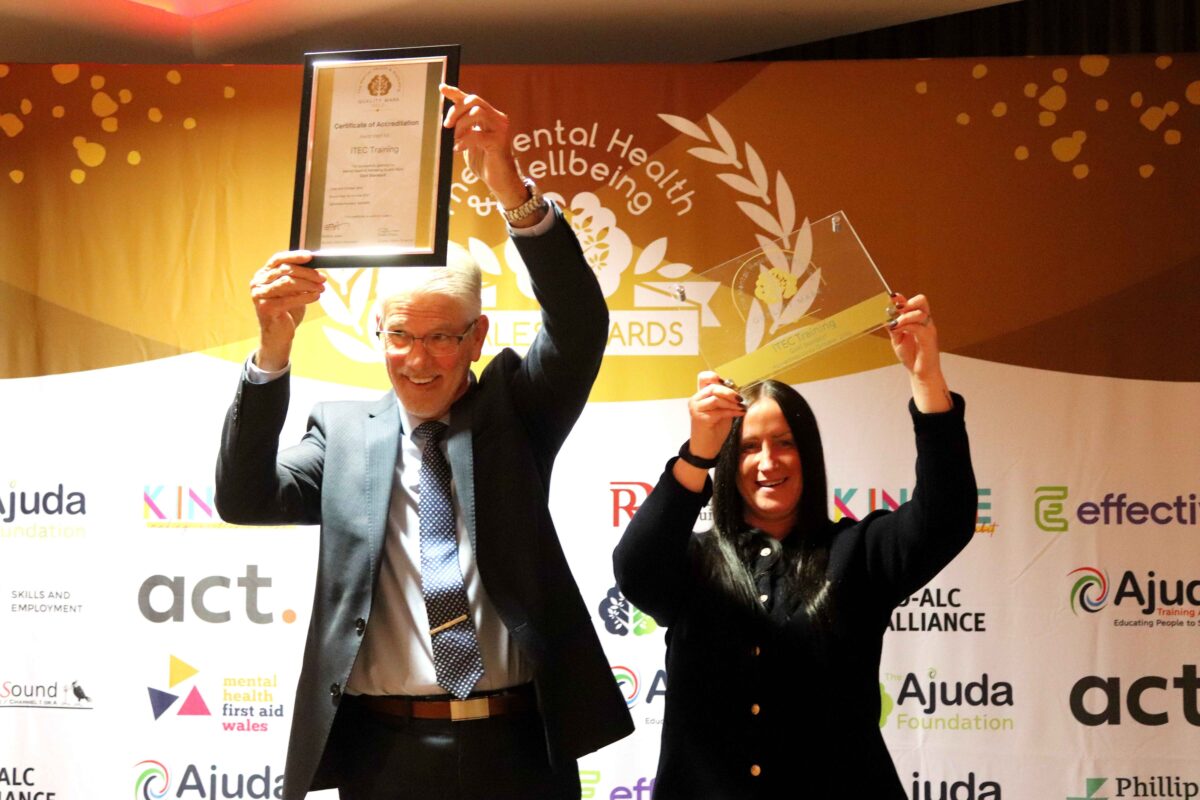University graduates from disadvantaged backgrounds earn less

University graduates from low socioeconomic backgrounds earn less than their better-off peers, according to a report out today from TASO.
While the report shows higher education is linked to clear economic benefits for disadvantaged students, they consistently earn less than graduates from more advantaged backgrounds – even after considering the university attended or subject studied.
The research – which consists of a rapid evidence review and an analysis of publicly available UK Households Survey data – finds that entry tariff scores for higher education courses appear to explain more of the average earnings gap between disadvantaged and non-disadvantaged graduates than subject choice.
Dr Eliza Kozman, Deputy Director at TASO (Centre for Transforming Access and Student Outcomes in Higher Education):
“A student’s background should not predict their future. But, the evidence shows that privilege continues to pay after university. Students from low socioeconomic backgrounds deserve to reap the same rewards as their advantaged peers after graduation.
“While narrowing the gap in earnings is an increasing priority for the higher education sector, more work is needed to make this a reality.”
Recommendations from the report include:
- While attending higher education has clear economic benefits, higher education providers must do more to address the gap in labour market outcomes between disadvantaged graduates and their peers.
- The literature identifies subject and institution choice as factors that may partly determine future earning potential. Pre-entry information, advice and guidance may help students enter courses which are a better match for their long-term earning potential based on prior attainment. To address the remaining gaps which exist between more and less advantaged graduates, higher education providers must take a strategic approach to employability support, developing and evaluating programmes specifically designed for disadvantaged students.
- Further research is needed to identify the impact of other characteristics such as ethnicity, gender and prior attainment on the outcomes of disadvantaged graduates.
- To accompany the evidence on the economic value of higher education, there is a clear need for more evidence on the non-economic outcomes for disadvantaged graduates.
Following the findings of this report, TASO has commissioned a further investigation of the Longitudinal Education Outcomes (LEO) dataset for a more detailed analysis of long-term economic outcomes.
A total of 78 papers were included in the evidence review. The rapid evidence review took a broad definition of disadvantage to include any measure of economic disadvantage, for example, eligibility for free school meals or certain socioeconomic categorisations.
Data from the UK Household Longitudinal Survey – Understanding Society (Usoc) was analysed to address gaps around softer outcomes, such as wellbeing, mental health and social capital.
This report was developed by State of Life and Mime on behalf of TASO.











Responses